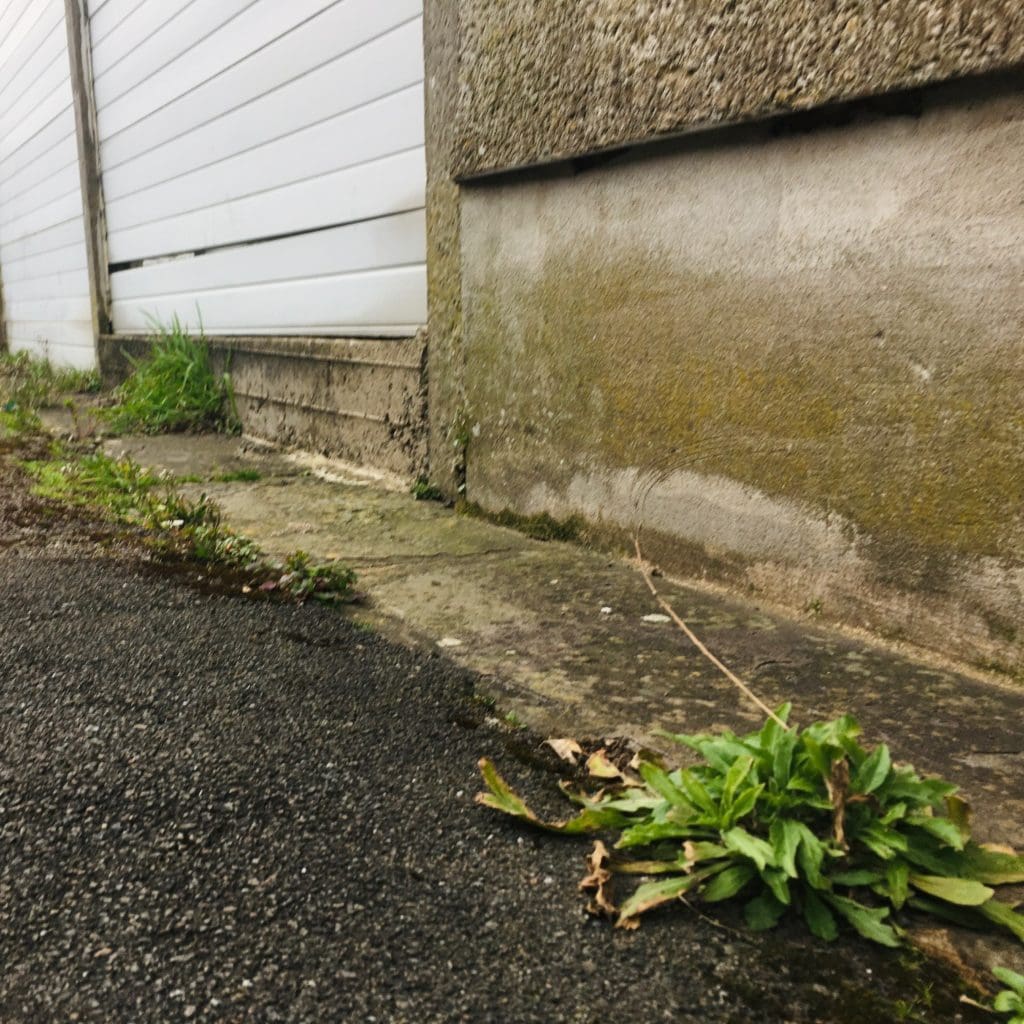An independent scientific report assessing three different types of weed killer to manage plant growth on Cardiff’s highways and pavements has concluded that glyphosate is “the most effective and sustainable weed control method currently available.”
The scientific trial assessed the viability of two ‘eco-friendly’ alternatives to the glyphosate-based approach used by the majority of local authorities in the UK. It found that glyphosate has a smaller overall environmental footprint than the two alternatives trialled, which were acetic acid (a highly concentrated vinegar) and a hot foam treatment (a plant-based product whichcombines hot water with a biodegradable foam). Glyphosate was also the least expensive product tested and ranked highest for customer satisfaction.
The trial, carried out following a recommendation from a Cardiff Council Environmental Scrutiny Committee inquiry into the management of biodiversity and the natural environment,was conducted by Dr Dan Jones, an Honorary Research Associate in Swansea University’s Department of Biosciences, and Commercial Director of Advanced Invasives, a consultancy founded in 2016 to bring evidence-led thinking to the commercial management of invasive plants.
Dr Jones, said: “This is one of the most comprehensive real-world studies comparing glyphosate with the alternative methods of weed control currently available worldwide.
“What we found was that not only is glyphosate the most efficient and effective way of controlling weeds, but once you look at the full life cycle of the product, factoring in things like the amount of fuel and water-used, it is also the least damaging to the environment.
“The responsible glyphosate-based approach to weed control currently used by the council is the most sustainable method of weed control currently available in the UK.”
In light of the results, a report due to be discussed by Cabinet on January 19th, recommends that the council continues its current integrated approach to weed control, which combines hand weeding, hoeing, forking, mulching and mechanical sweeping, and the application of approved herbicides, while also taking measures to continue reducing the use of glyphosate-based products.
The research found that:
- Across 18 different environmental impact categories, hot foam had the highest impact in all but one category, with the environmental impact of glyphosate being lowest in all but two categories.
- Total product usage was lowest, at 0.33 litres per km for glyphosate, compared to 4.06 litres of acetic acid (12 times more herbicide), and 5.38 litres of hot foam (16 times more than glyphosate) required to treat one kilometre of pavement.
- Hot foam required 629.64 litres of water per kilometre – 62 times more water than glyphosate, which required 13 litres per kilometre. Acetic acid required 8.44 litres per kilometre.
- Applying glyphosate used less fuel – just 0.18 litres of diesel per km treated, compared to 0.19 litres for acetic acid, and 12.33 litres of diesel, plus 2.13 litres of petrol for hot foam – that’s 63 times more diesel and 100% more petrol than required for glyphosate.
- It took 0.16 hours of labour to treat one kilometre with glyphosate, compared to 0.23 hours for acetic acid, and4.89hours for hot foam.
- Glyphosate was also the product that worked best – generating only four complaints, compared to 22 for acetic acid, and 29 for hot foam.
Glyphosate is fully licenced by the UK Health and Safety Executive as safe to use, but concerns have been raised about its impact on human health, pollinators and the planet.
A Cardiff Council spokesperson said: “The Council has a duty of care to keep Cardiff’s streets and pavements free from trip-hazards and is also determined to achieve its One Planet Cardiff goals, reduce carbon emissions and protect the environment. The results of the independent trial suggest that the best way of doing that is to continue with our existing approach to weed control, while continuing the work that has already seen the amount of glyphosate applied in Cardiff reduced by 80% compared to previous application methods.”
Ahead of the final report being published the manufacturer of the two alternative products trialled were contacted by the Council for their views.
The response from the manufacturers of the acetic acid product related to technical detail around the concentration of the product. A number of minor changes were made to the final report to clarify that the product they produce is diluted with water to lower the concentration levels and therefore minimise any potential risks to people and wildlife.
The response from the manufacturers of the hot foam product trialled stated that they felt the figure of 4.89 hours of labour to treat one kilometre was inaccurate and that the task could be carried out with one operator per unit, rather than the three used in the trial. They also highlighted the recent introduction of a new hybrid system that uses battery power to help reduce emissions.
Cardiff Council Cabinet will discuss the report on the Weed Control Trial at its public meeting at County Hall at 2pm on Thursday 19th January.

